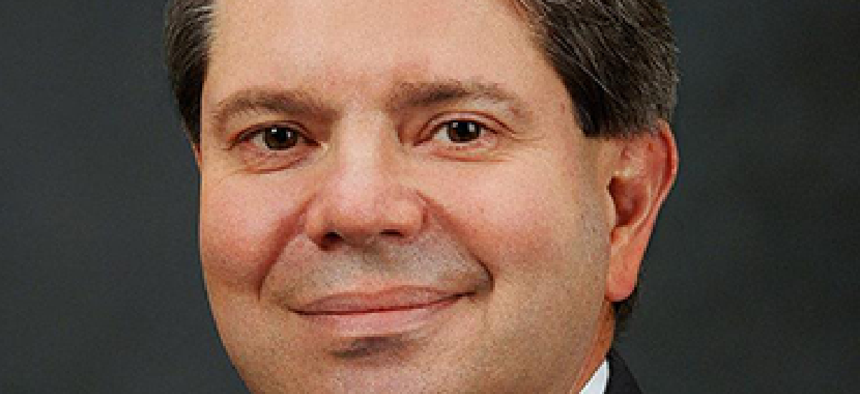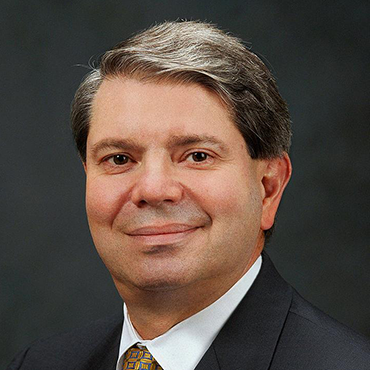GAO: Q&A with Gene Dodaro

Richard Cohen recently sat down with Gene Dodaro to discuss his experiences in working with the GAO.

Following are edited excerpts from an FCW interview with Gene Dodaro, comptroller general and head of the Government Accountability Office. A native of Pennsylvania, he joined GAO after graduating from Lycoming College in 1973 with a degree in accounting, and he has spent his entire professional career at GAO. He was GAO's chief operating officer for nine years before he became acting comptroller general in March 2008; the Senate made his appointment permanent in December 2010.
How has your current work been affected by the fact that you spent many years as a GAO auditor and manager?
I started as an entry-level auditor. Typically, comptroller generals came from the outside. My background gives me big advantages. I've seen the agencies. I know their people and processes. I have done all types of audits.... I have testified a lot to Congress. Members know me.
Has GAO's work become more difficult because of the divided party control of Congress?
Our procedures permit us to operate with our protocols regardless of who is in control. With our strategies, we plan our outreach to Congress. Close to 60 percent of the requests that we receive have bipartisan addressees. I also regularly meet with the chairmen and ranking minority members of most House and Senate committees. I initiate the meetings to get feedback on our work.
Describe the different kinds of reviews of federal activities.
Oversight can take a lot of different forms. Are programs achieving their objectives? There are questions about what the agencies are doing and not doing. Our work can be audits or looking at more specific problems. We do a small number of criminal investigations, which we refer to inspectors general or the Justice Department.
There is no partisan view of oversight. Both parties want government to operate properly.
How do you respond to congressional criticism that many agencies have not implemented GAO's recommendations to fix their programs?
About 80 percent of our recommendations have been implemented over a four-year period. Many of the figures that show lower compliance have been from a shorter period. With our annual report on reducing fragmentation, overlap and duplication in programs, we may have less success in that area because it's new. But the results are consistent with what we have done in the past.
NEXT STORY: Call for all applicants: DIA needs a CIO


